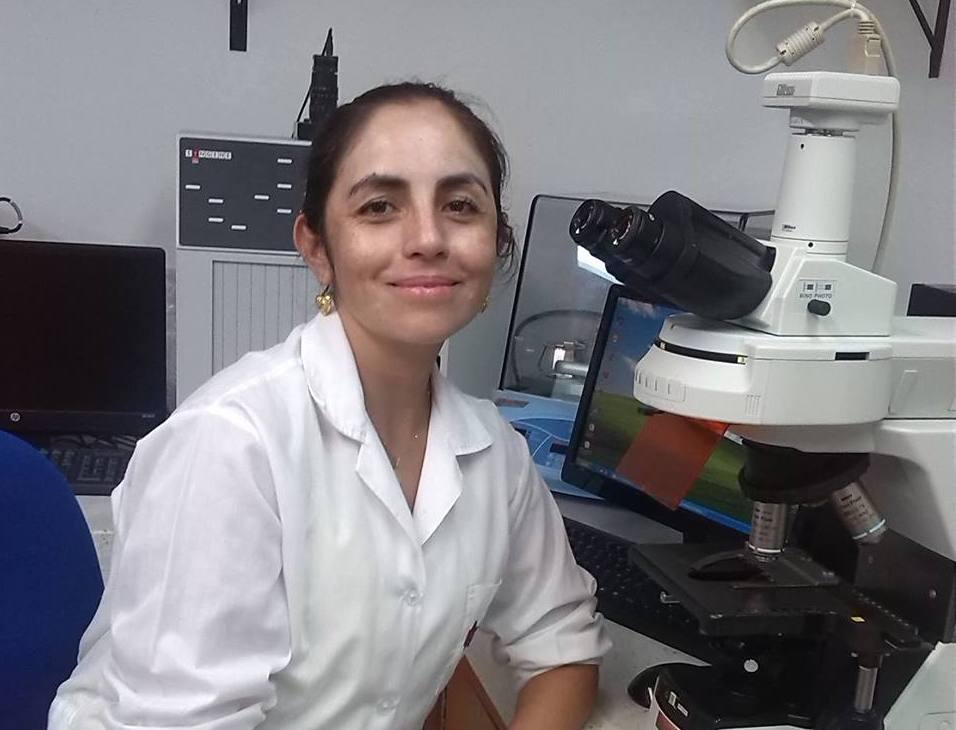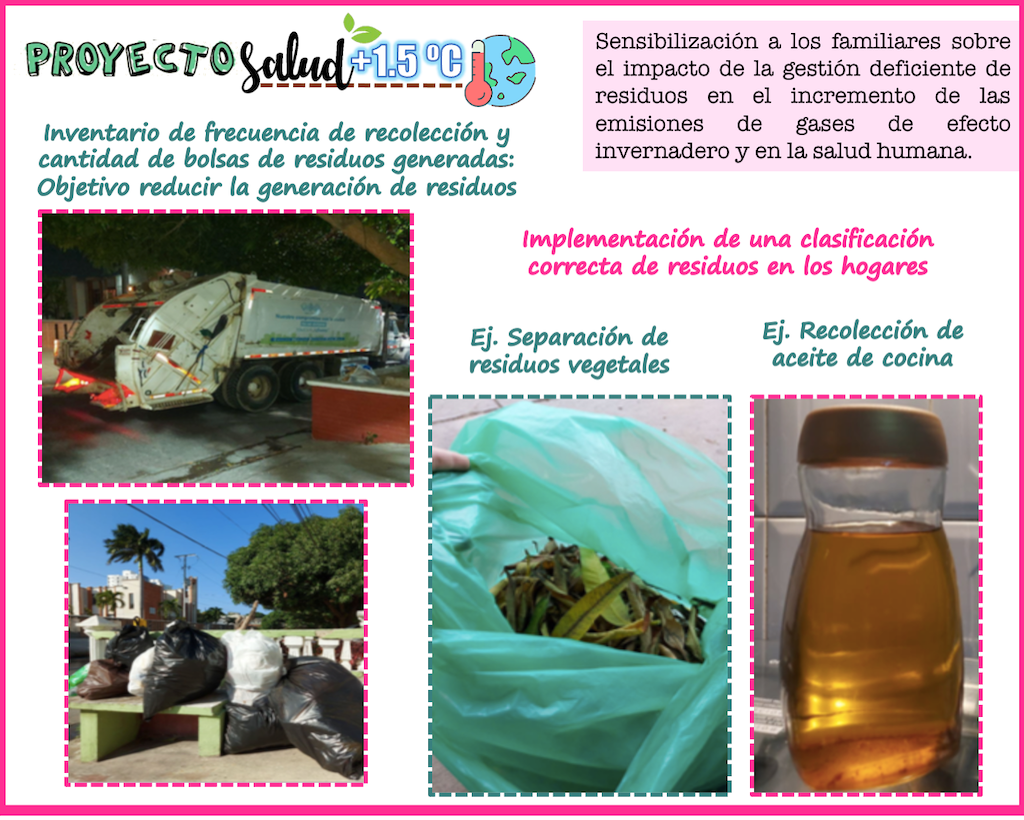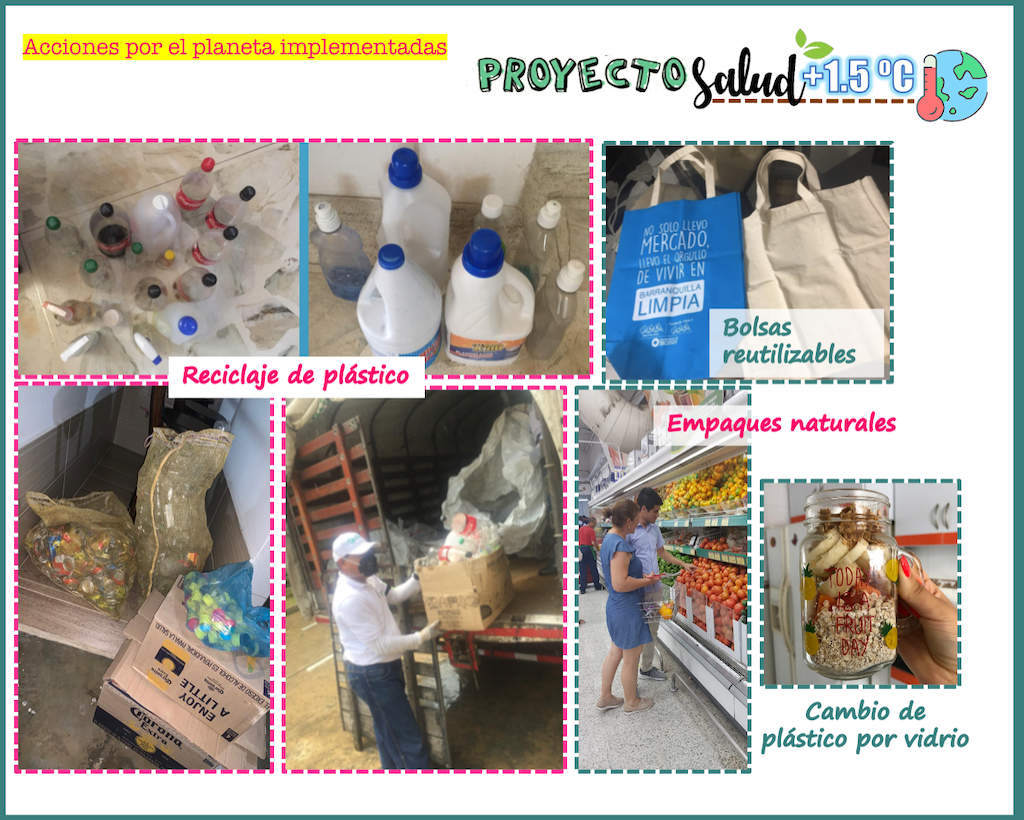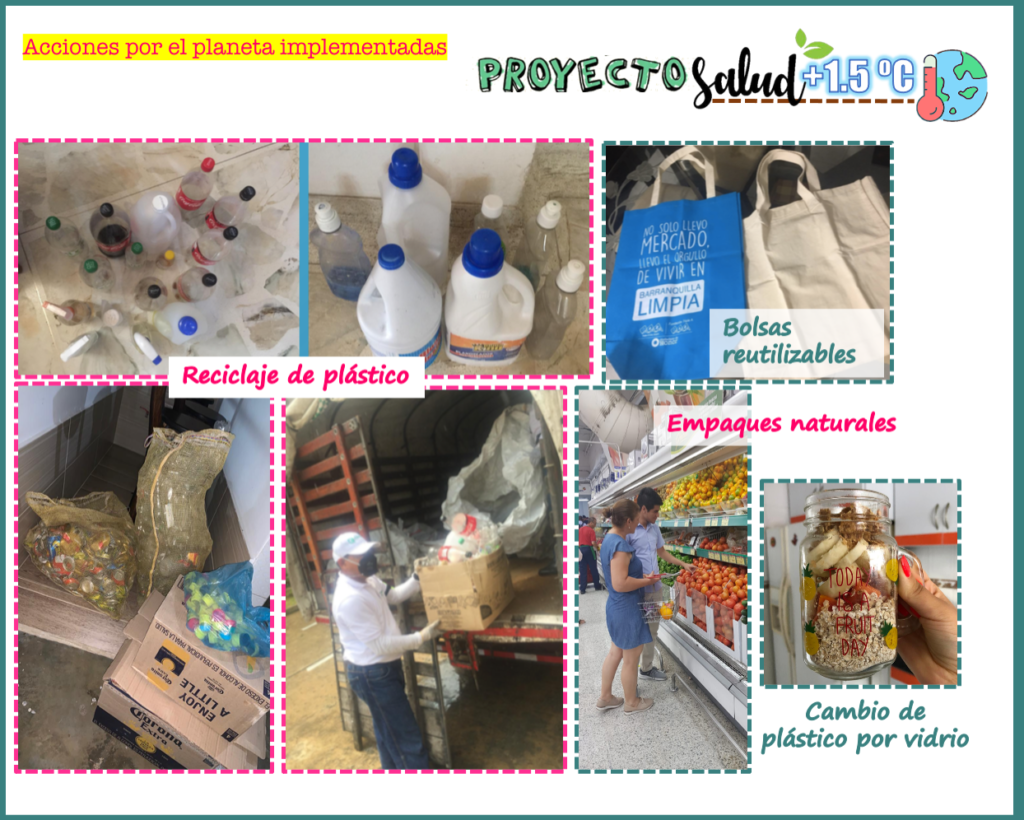My name is Andrea Monroy-Licht, and I am a Professor at the Universidad del Norte in Barranquilla, Colombia. Together with my colleague Ricardo Gutierrez, I lead the Cell Biology course, which is taught to first-year medical students.

Andrea Monroy-Licht profile picture | Photo: Andrea Monroy-Licht
Completing the UN CC:Learn course on Human Health and Climate Change inspired us to change our approach to teaching students taking the Cell Biology course, in order to integrate climate change and global warming issues. The increase in temperatures caused by climate change can activate the migration processes of vectors – such as mosquitoes – to other regions, thus increasing the likelihood of disease outbreaks such as Zika, Dengue, Chikungunya, and Malaria in areas where these outbreaks were previously not common. Similarly, high temperatures in several areas tend to increase the risk of cardiovascular diseases associated with heat shock.
This evidence led us to create a project called Salud 1.5ºC – a space to enhance critical thinking skills around the relationship between human health and the health of our planet. This initiative seeks to encourage students to take action against the health risks associated with climate change and global warming, through the completion of an environmental management project. Four topics are currently being worked on in parallel:
- heat shock diseases,
- vector-borne diseases (e.g. from mosquitoes),
- health risks associated with water pollution by microplastics, and
- the effects of environmental pollutants such as endocrine disruptors.

Photo: Andrea Monroy-Licht
The project involves 159 students and 48 families. Within these families, the students implement actions related to environmental education on climate change issues which are aimed at mitigating the effects associated with vector-borne diseases – through prevention campaigns and the reduction of sources that induce the increase of mosquito vectors. On the issue of heat shock diseases, students carry out tree planting and eco-environmental initiatives to reduce high temperatures in some parts of their homes. For the microplastics project, students lead campaigns for the recycling, reuse, and reduction of this type of materials in their homes. Finally, on the topic of chemicals with potential endocrine-disrupting effects, students educate their families about the risks that these products pose to their health and ecosystems when discarded. They also propose the use of alternative natural products with low environmental impact.

Photo: Andrea Monroy-Licht
Through the Salud 1.5ºC project, we hope to encourage more and more people to join these initiatives. To date, the project has reached 461 people: 199 students and 262 family members. It continues to operate under pandemic conditions, which fills us with happiness as there are no excuses for not taking care of the planet. Importantly, this project is demonstrating that with the commitment of each of us many actions can be implemented to mitigate climate change and the pollution of the planet. Looking forwards, we are planning to consolidate a strategy that can be replicated in other subjects, universities, and cities – multiplying actions for our health and the health of the planet.
Get involved:
Tell us about the sustainable actions you are taking at your home, school, or workplace that contribute to tackling climate change. Share your actions with us on Facebook, Instagram, Twitter or LinkedIn. Any action is often better than no action.
Start your learning journey:
Access our e-learning platform on unccelearng.org and take free courses on climate change and green economy. If you don’t know how to start, join our learning community and access our free course on Human Health and Climate Change.

